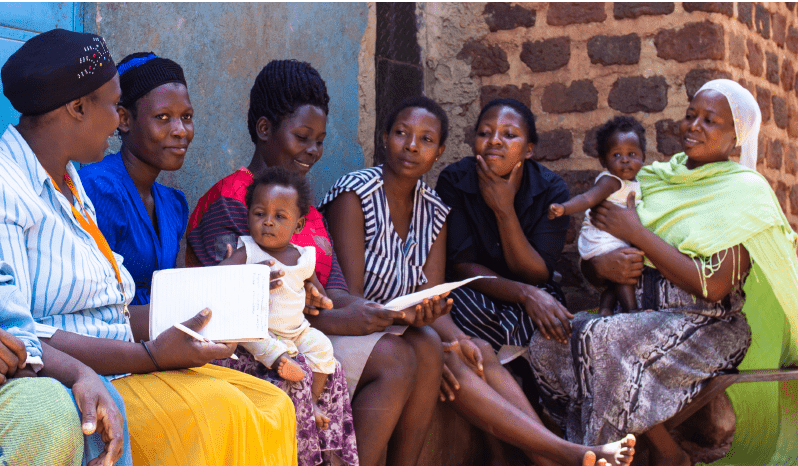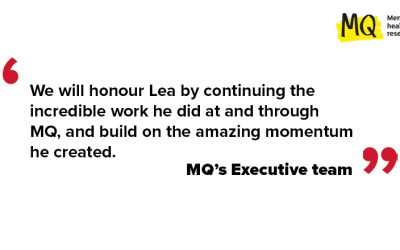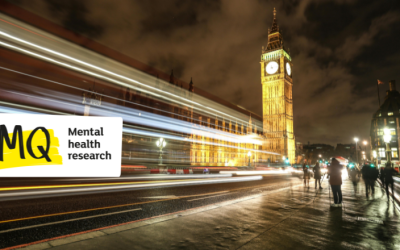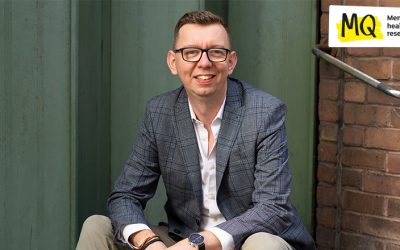At the MQ Mental Health Science Summit 2021, we were joined by 371 delegates from 41 representing mental health from a research perspective, lived experience, policy and service delivery. During the session, What have we learned about evidence-based mental healthcare & interventions for a socially distanced globe? Kari Frame from Strong Minds joined the panel talk about the organisation's work tackling depression in women across Uganda and Zambia during the pandemic. This blog piece shares the progress Strong Minds has made over the past 15 months and its impact to date. It is written by Rasa Dawson, Director of Development & Communications at Strong Minds.
Mental health issues continue to rise across Africa, as cases of COVID-19 surge upward. Over the past year, StrongMinds—an NGO that provides free group talk therapy to women and adolescents in Africa struggling with depression—has been running a public education campaign across Uganda and Zambia to provide information on depression and how to access the organisation’s free screening and therapy services.
In April 2020, StrongMinds launched its first-ever public education campaign to provide messages of support to those in need and to encourage positive coping strategies in the face of the pandemic. In addition to educating the general public on symptoms of depression, the campaign served as a referral source for teletherapy for vulnerable individuals experiencing mental distress.
The campaign consisted of radio ads, earned media placements, a social media campaign centred around a series of animated videos, and an innovative WhatsApp-based chatbot, called Amani. All campaign elements were designed to work together to help people recognise the signs and symptoms of depression and to know when and how to seek help. For those who screened as depressed, the organisation offered free phone-based group talk therapy. Campaign partners included the Zambian Ministry of Health and the Ugandan Ministry of Health.
The public education campaign exceeded its original goals. By the end of 2020, StrongMinds had reached over 16 million people through the campaign in Uganda and Zambia. Approximately 45% of new clients in Uganda and 57% of new clients in Zambia joined teletherapy through the campaign.
The animated video series has over 100,000 views and StrongMinds has aired over 1,300 radio spots in nine different languages in Uganda and Zambia. Facebook and YouTube ads reached over 1.6 million people and StrongMinds’ mental health staff appeared on 11 radio and television talk shows. Amani has had over 5,000 unique users. Approximately one out of every ten chatbot users were identified as depressed and enrolled in a StrongMinds therapy group.
Teletherapy, combined with the public education campaign, also enabled the organization to expand its geographic reach and to overcome lockdown isolation at a critical time. Uganda expanded from serving seven districts to 42 districts and Zambia expanded from one district to 27 districts.
In 2021, StrongMinds is using key learnings from the 2020 campaign to reach even more women. Based on performance and conversion metrics in 2020, the organization is currently running four new unique radio spots in Uganda in seven different languages. StrongMinds will continue to analyse impact and performance to iterate the public education campaign and digital outreach to maximize impact and provide those in need of depression treatment in sub-Saharan Africa access to transformative mental health resources.



